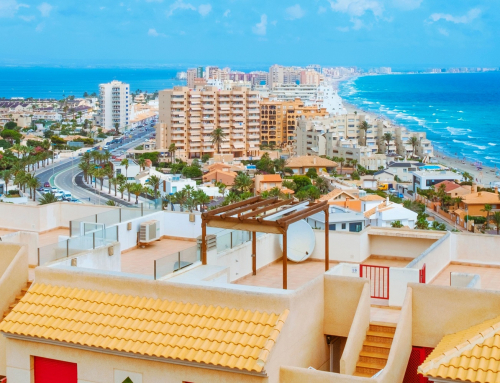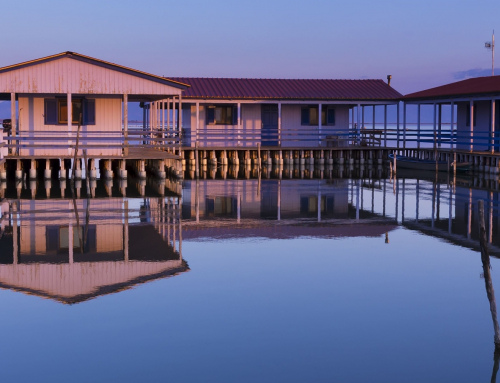For many people buying a home in France, whether a couple buying a permanent home or a family chipping in for a holiday home, will be buying as joint owners. So how does joint ownership in France work for real estate? You have three main options, each with their own advantages and disadvantages.
Buying ‘en tontine’
Technically known as buying with an ‘accretion clause’ in English, this is a good choice for many couples purchasing a home with joint ownership in France. You’ll both need to pay for part of the property, and must have a similar life expectancy (so a grandparent and grandchild couldn’t buy together, for instance).
Note that if a relationship deteriorates, you always need unanimous agreement from all parties. One can’t take the other to court to sell, for instance. If one of the owners passes away, their children have no right to the property – it’s not considered as part of their estate, but instead becomes wholly owned by the surviving owner. This is a good way of circumventing French forced heirship rules (although not so necessary for British people following Brussels IV).

Buying en tontine, indivision and SCI are your main options for joint ownership in France.
Note that the droits de succession, inheritance tax, are still due, even though it’s not part of their estate.
Buying ‘en indivision’
This is one of the most common ways to purchase in France. As the Notaries of France state, it is by far the least constraining option for joint ownership in France. It takes a logical process to ownership: each owner owns the portion equivalent to the portion they paid of the total price. For example, if you paid 30% of €300,000, you have a 30% share of ownership. This isn’t materially delineated, however – no-one has a special right to a particular part of the property.
Everyone is responsible for the ‘debts’ of the property, such as the taxes. Equally, no-one can be forced not to sell. If one of the owners decides to sell, all you can do is demand a first right of purchase to the existing owners.
Buying with an SCI (société civile immobilière)
This is a choice you could take if you’re buying a property, or group of properties, with a large number of family relatives. Each person involved owns a share of the company – in technicality, the company owns the property (and then you are essentially non-paying tenants). There’s a lot of flexibility in this situation: you can easily pass shares between family members.
Interestingly, as there are no commercial requirements, a minor can also be associated with the SCI. It can also be a way around French inheritance rules for holiday homes, as a deceased’s shares are treated according to the laws of their final country of residence.
—
Find out everything you need to know about buying a home in France: get our comprehensive, up-to-date advice all in one place by downloading your free France Buying Guide
Don’t let worries about Brexit put you off your French dream. Find out about how you can live in France even in the event of a no-deal in our free Guide to Living in France After Brexit.
Are you looking for a property in France? Search on Green-Acres
Want to sell your property on Green-Acres? Advertise on Green-Acres







